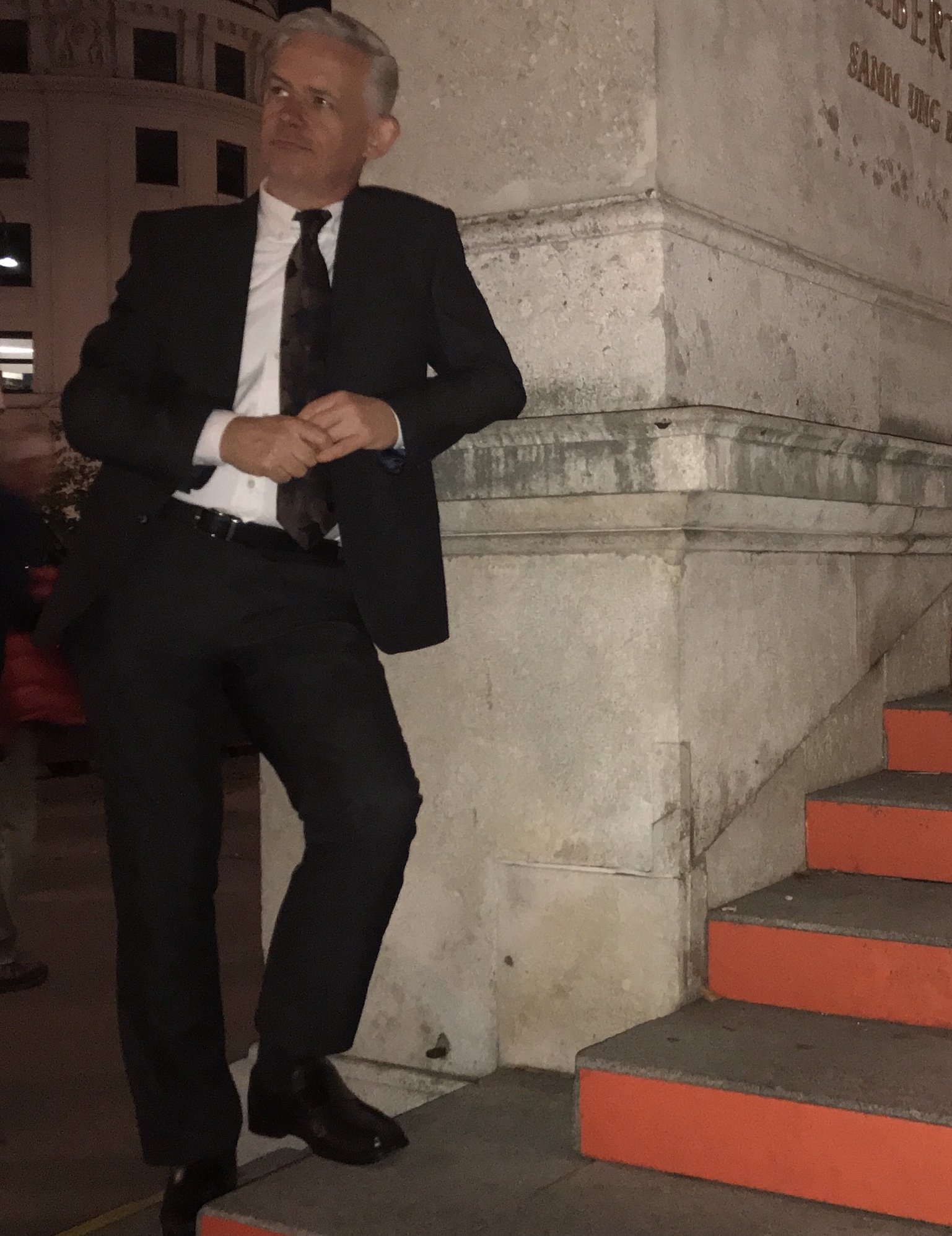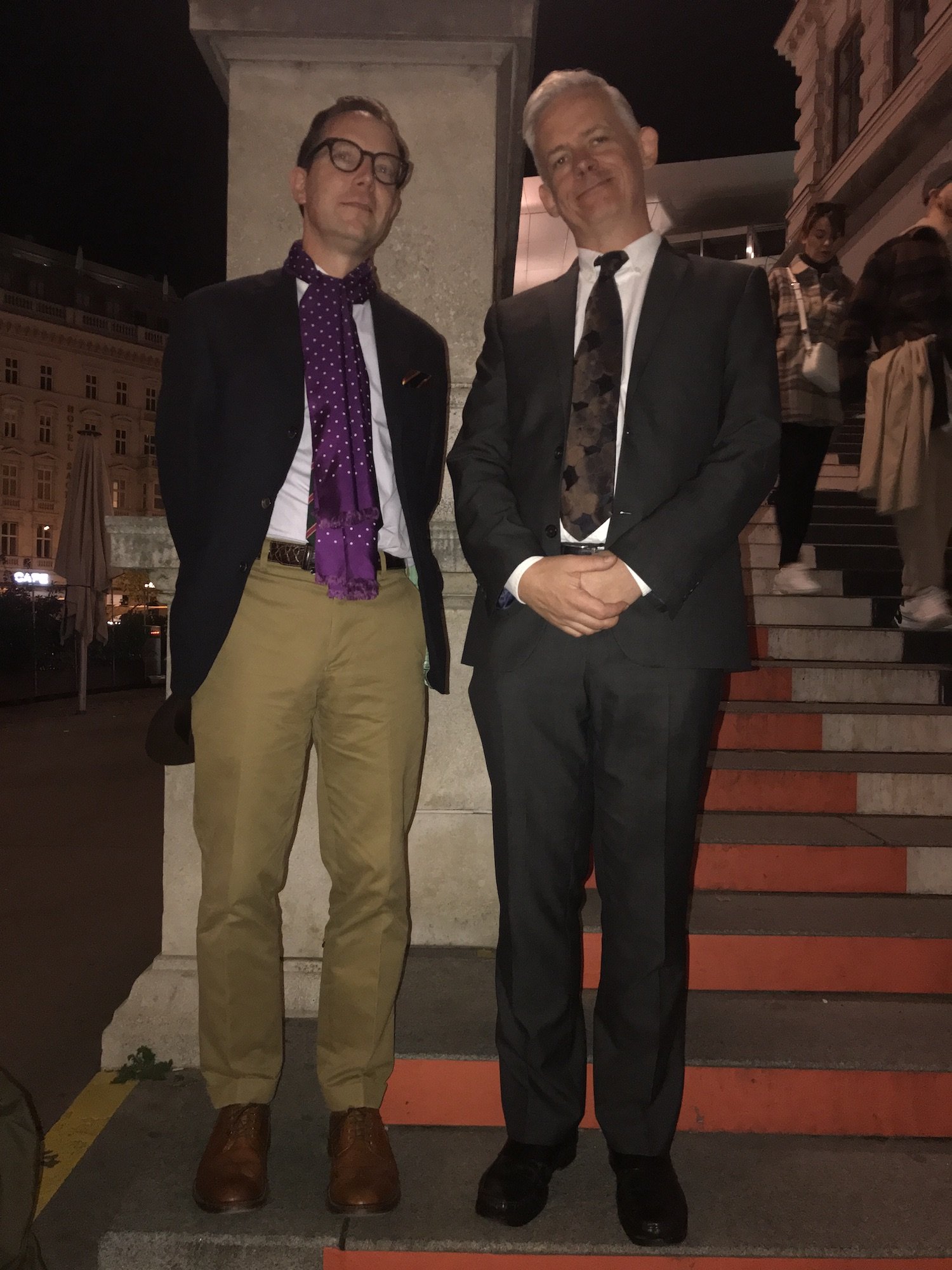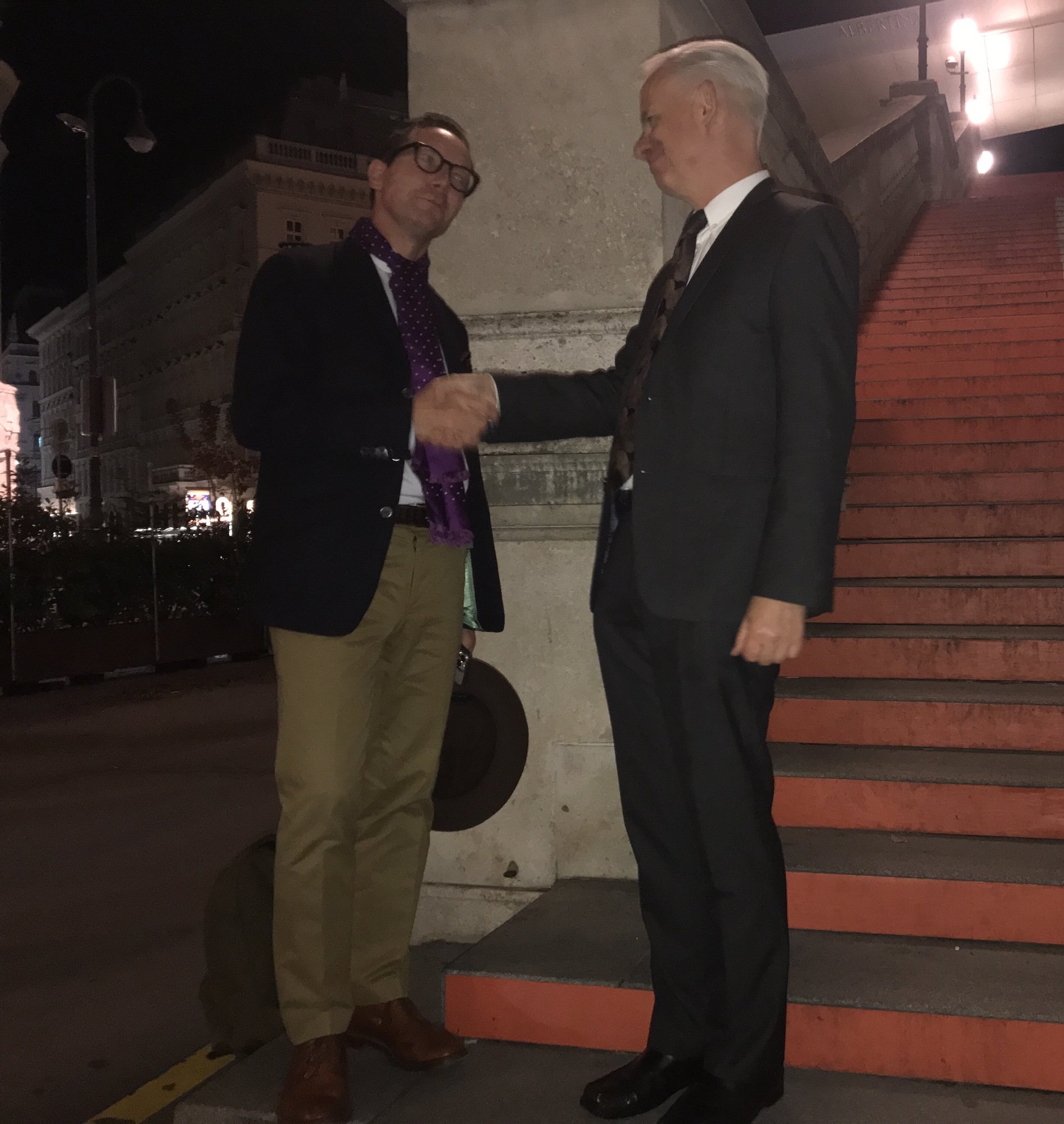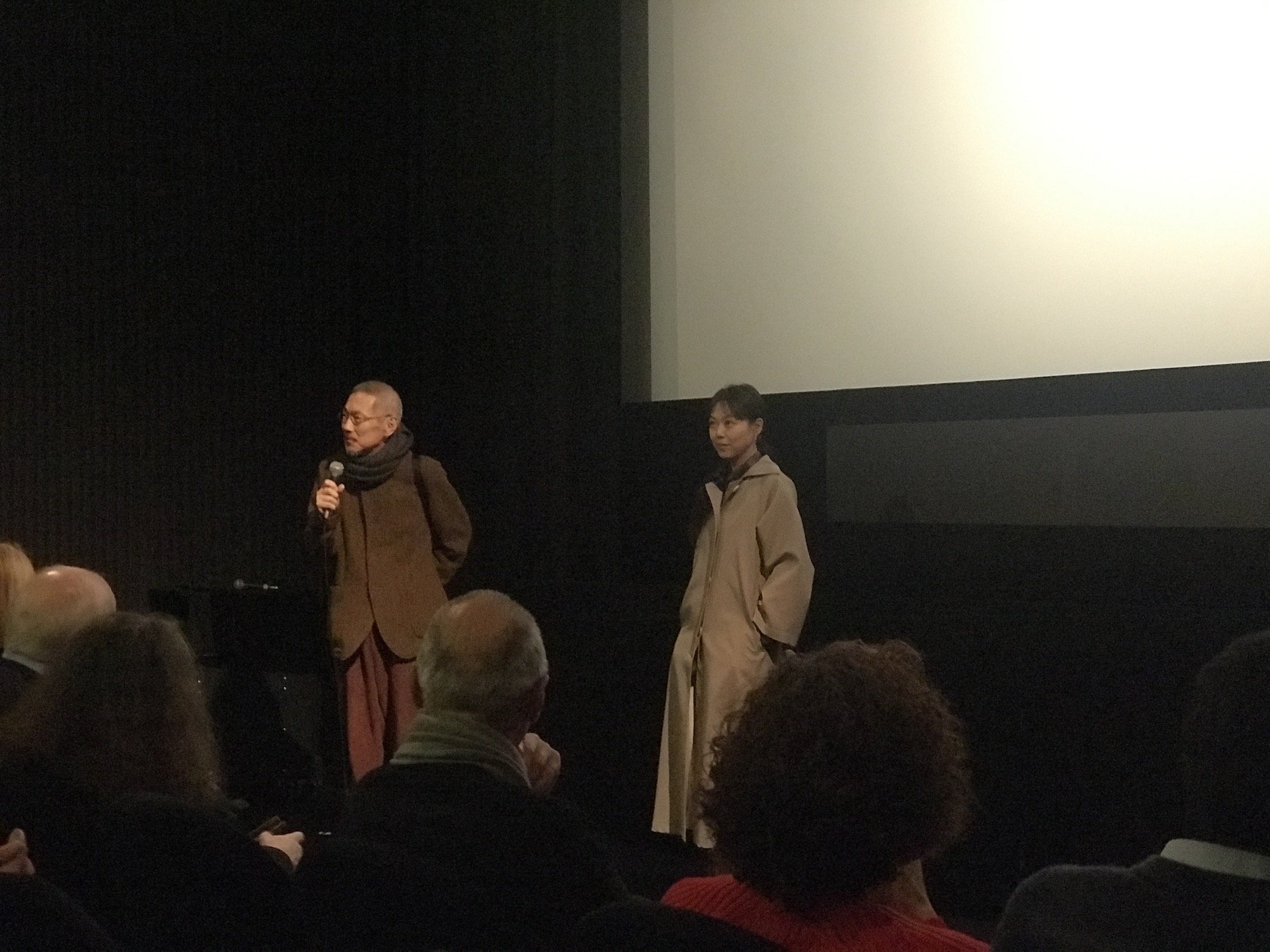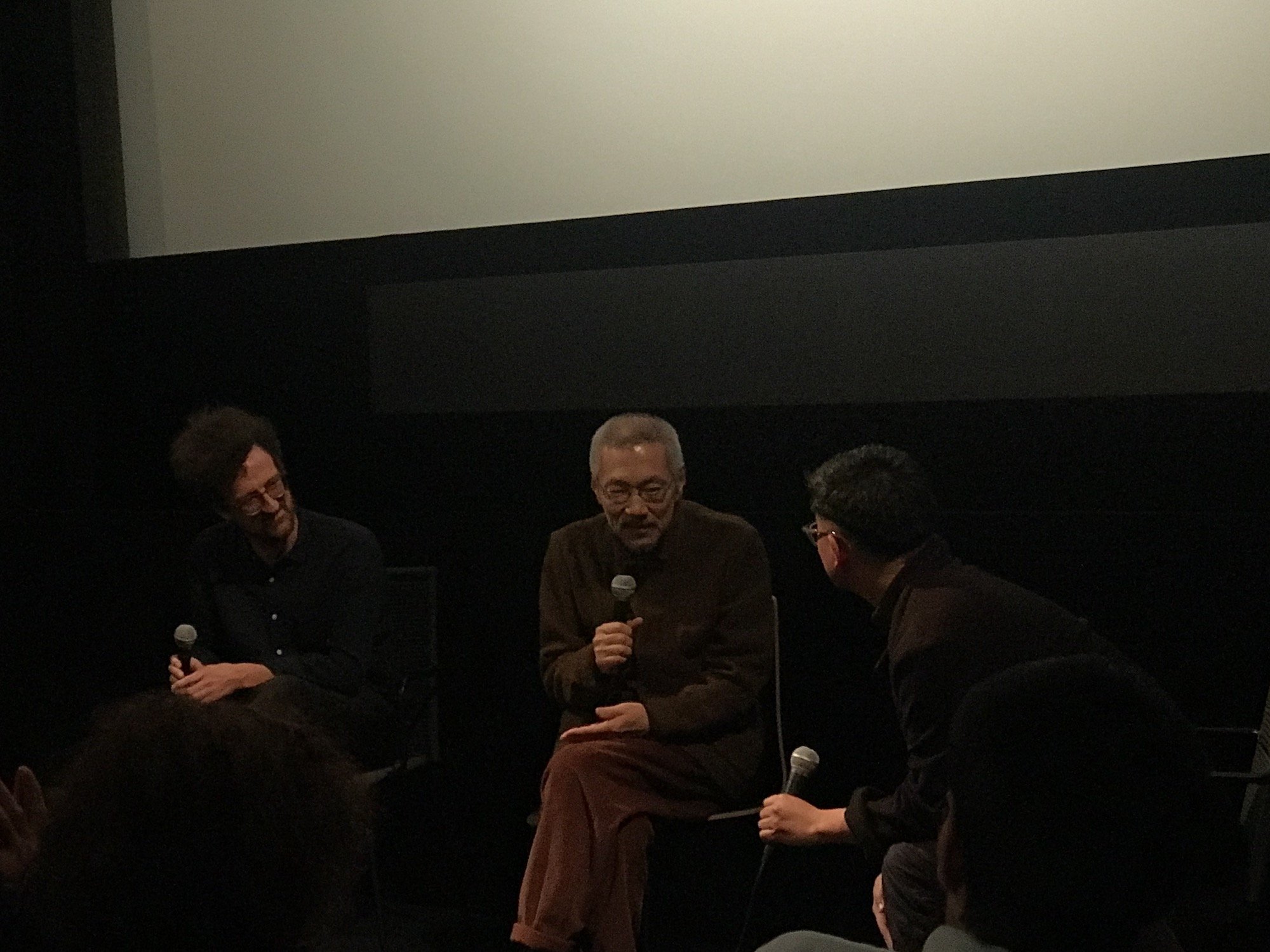Viennale 2022 Roundup
“The Viennale, much vaunted as the world’s loveliest film festival, also has a political orientation – but not in order to create a political festival but to make a festival political.” - Fritz Göttler, Film Critic, Süddeutsche Zeitung, from A History of the Viennale from 1960 to the Present
The 60th edition of Viennale took place between October 20 - November 1. Avoiding the “best of the fest” trap, it’s a film festival that intentionally engages with cinema history alongside contemporary films.
The program includes retrospectives, a focus on directors and genres, most of them with film introductions and post screening discussions that are smart and informative. There’s no red carpet nonsense or fawning over celebrities. From what I’ve seen, the invited guests including filmmakers, actors and curators are treated with equal respect and professionalism.
Ticket reservations include selecting your seat in advance and the films are screened in five cinemas, all within a short walking distance, making it one of the most relaxed and easy to attend film festival.
Films not in English language are usually screened with English subtitles, or there will be one screening with German and another with English, although occasionally a few films have only had German subtitles. This year the festival also offered films tailored to people with hearing or visual impairments, as well as for the deaf.
All of which feel like standards more festivals in other cities should emulate and adapt accordingly. Cities hosting (and spending money on) film festivals for PR purposes that are hungry for celebrities and attention should consider working towards something that feels grounded, engaging meaningfully with its local audience and the filmmakers.
A few links about Viennale I’d like to share with you, before getting into my highlights:
Revolution comes from contemplation with Eva Sangiorgi,
Before this year's edition of the festival draws to a close, Viennale director Eva Sangiorgi takes the opportunity to reflect on 60 years of Viennale and on five years of her own directorship in the talk with Alexandra Zawia. What were the special challenges this year? What surprises were there, what films are still to be seen and what tasks does she see for a film festival like the Viennale in the coming years?
Viennale 2022: The Fires of Cinema by Flavia Dima
The Viennale is one of the last big film festivals of the year, to which I return every time as if I were a pilgrim. Perhaps because my cinephile (and, to a large extent, even personal) life is divided into a before and after. Maybe because it’s a festival with a unique artistic vision. Maybe because it is – of the big festivals – one of those that most respects the twin institutions of film criticism and curatorship, not just in terms of its guests, but also in terms of its contributions to the fields. Perhaps because this is the place where, year after year, the greatest filmmakers of the moment converge, finally freed from the hectic schedule of their premiere cycles, freed from the pressure of the emergent discourse about their work, who are joined by critics, scholars, historians and, in general, by those who think about cinema.
Viennale 60: Curating Politically by Giovanni Marchini Camia
In a year that brought home with particular force the vulnerability of film festivals—after Rotterdam unceremoniously fired much of its programming staff in April, Edinburgh’s 75-year-old festival was shut down in October—the Viennale embodied an analogous resistance.
State of the Festival: Invisible Cinema at the 60th Viennale by Jordan Cronk
At the Viennale, the idea of invisible cinema doesn’t just relate to a physical space that projects films; it’s a kind of film, forgotten or unknown, worth bringing to light and contextualizing for modern eyes.
VIENNALE-TRAILERS 2022
Six new short films / trailers were made for the festival by notable directors. You can watch them all here.
Le Soldat - Claire Denis
Walden - Ryusuke Hamaguchi
Songs from Naples - Narcisa Hirsch
Independence Day - Sergei Loznitsa
The Lioness - Nina Menkes
Vienna Waltz - Albert Serra
Standouts:
Monography: Ebrahim Golestan
Earthly Songs: Ebrahim Golestan on His 100th Birthday
I watched 8 of the 11 films in this program, curated by Ehsan Khoshbakht who did a wonderful job contextualising the films historically and culturally. The program included a few films not made by Golestan, including The House is Black by Iranian poet and film director Forugh Farrokhzad (1934-1967).
Golestan’s films are subversive, poetic and critical of issues concerning labour, the environment, power structure and masculinity. It was quite poignant watching them whilst the September protests in Iran were ongoing.
The Viennale line-up included Mitra Farahani's See You Friday, Robinson which was a good companion piece to this program. A film about correspondences exchanged between Golestan and Jean Lac Godard, it’s funny and moving, Golestan coming across as warm and humanist compared to Godard who appears cold and distant.
In a podcast interview with Ehsan Khoshbakht titled The Political vs the Poetic Power of the Moving Image, he shares insights about the program, Golestan and the protests in Iran. When he was asked about the imprisoned filmmaker Jafar Panahi, Khoshbakht said the news of his imprisonment is terrible and added, “Jafar Panahi is a brave man, but Ebrahim Golestan is a brave filmmaker”.
Before seeing films by Ebrahim Golestan, I was aware of Kaveh Golestan (1950-2003), photojournalist and artist who I learned from Khosbakht was Ehsan’s son. He was tragically killed after stepping on a land mine whilst on assignment in Iraq for the BBC.
West Indies (Med Hondo, 1979) from Monography: Med Hondo Program
Ten films by Med Hondo were part of this section, but I only had time to watch two, West Indies (1979) and Watani (1998). West Indies is a musical about colonialism, slave trade, capitalism and migration and sadly speaks to present times. A masterpiece.
https://www.viennale.at/en/schienen/monografie-med-hondo
Monography: Elaine May
I was sad to miss the Elaine May retrospective hosted by The Badland Collective in London in 2018 and was thrilled to finally get a chance to see all four of her films in a cinema.
I had previously seen A New Leaf, Mickey and Nicky and Ishtar - all home viewings and The Heartbreak Kid seemed to be the most difficult to access. An article published earlier this month addresses it. Added happiness watching it on 35mm.
Top 5 New Films:
Pacification (Albert Serra)
Godland (Hlynur Pálmason)
Decision to Leave (Park Chan-wook)
Astrakan (David Depesseville)
We Love Life (Hana Vojáčková)
I liked most of what I saw, but these five had visuals that stayed with me.
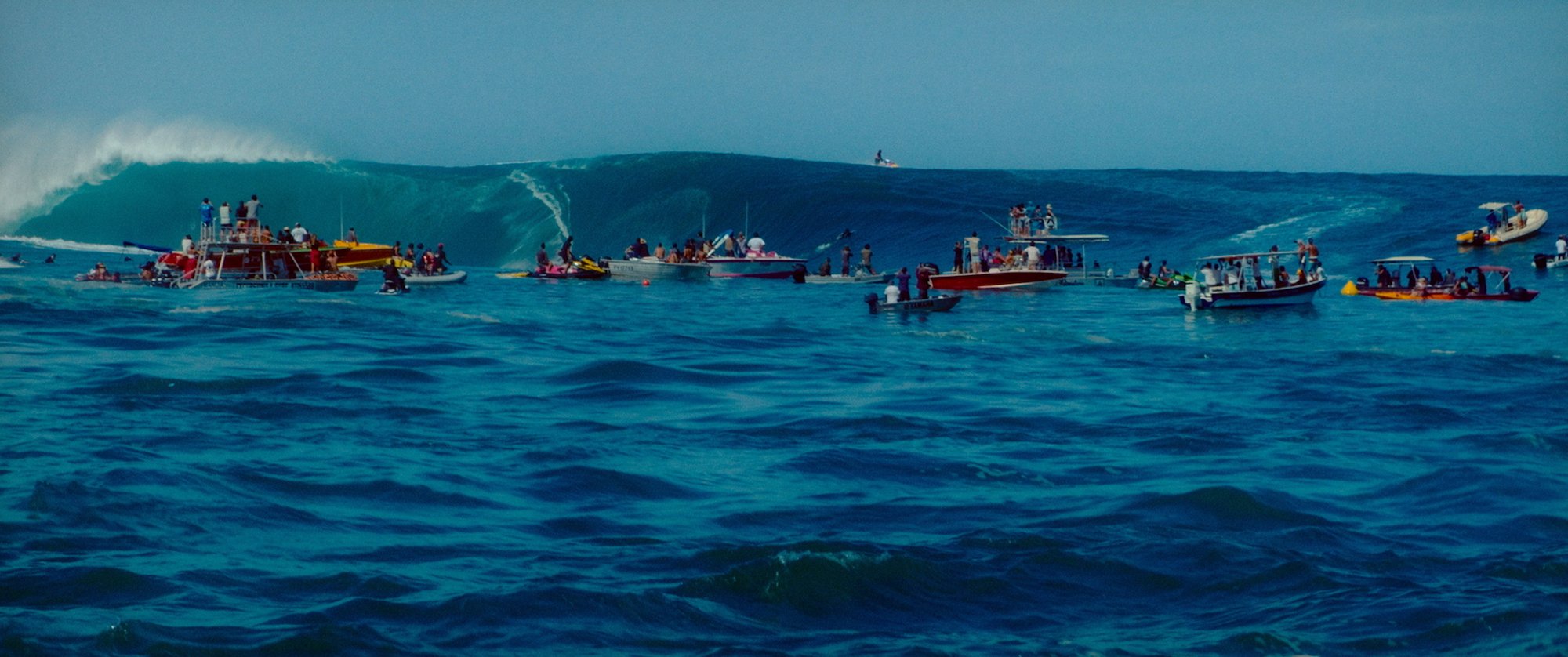
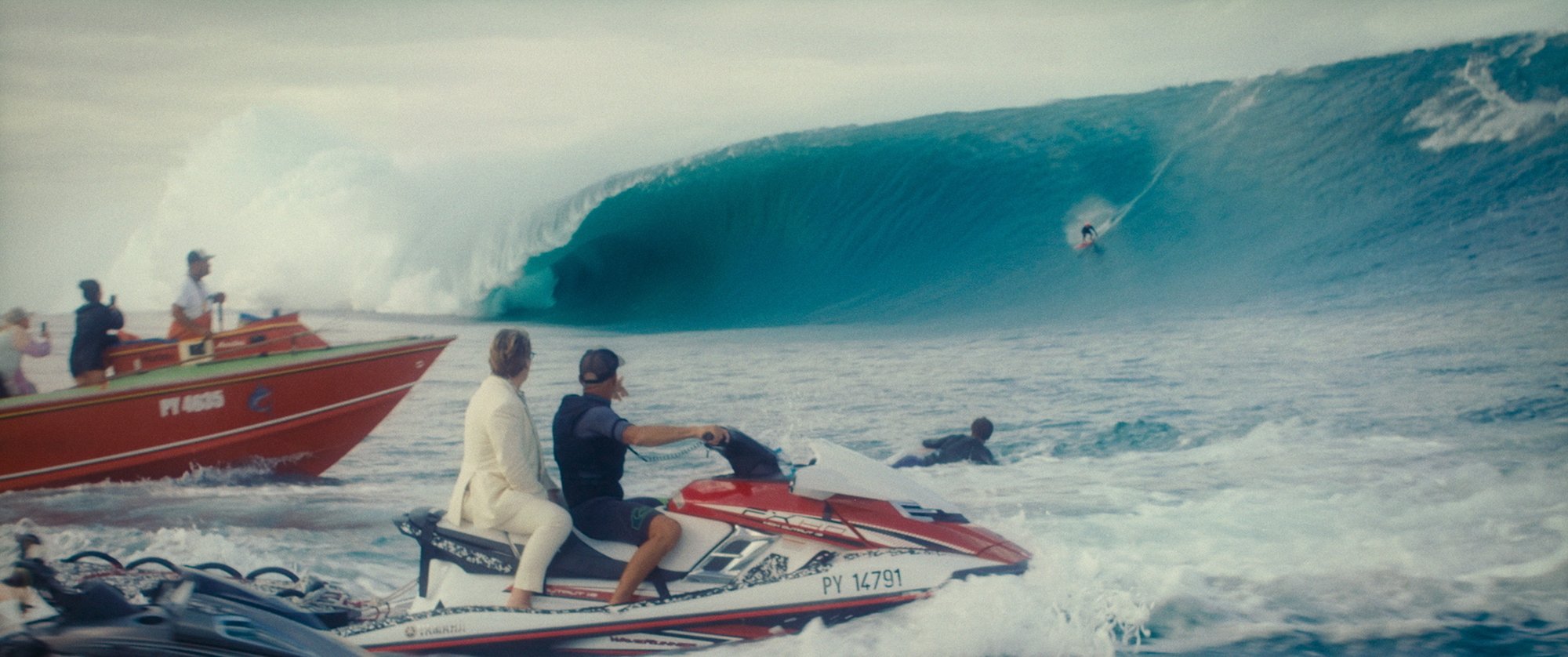
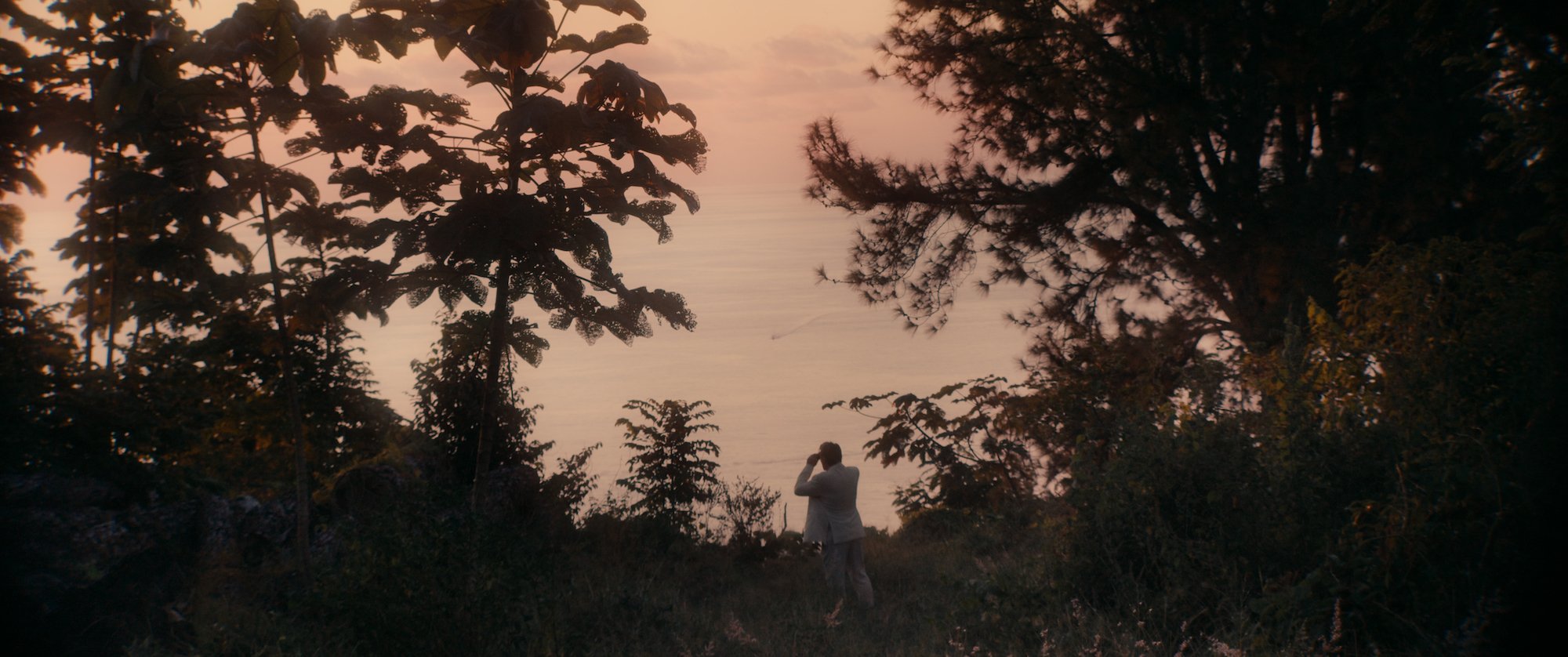
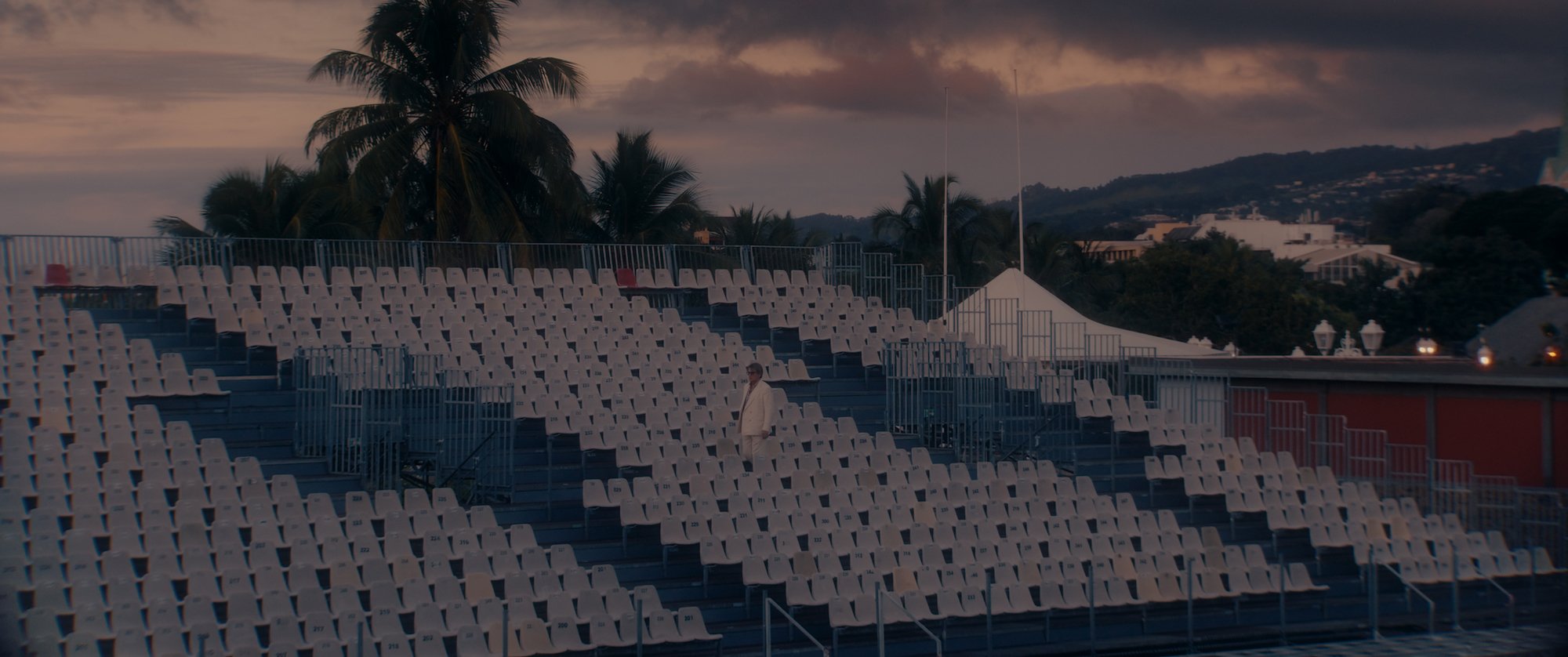
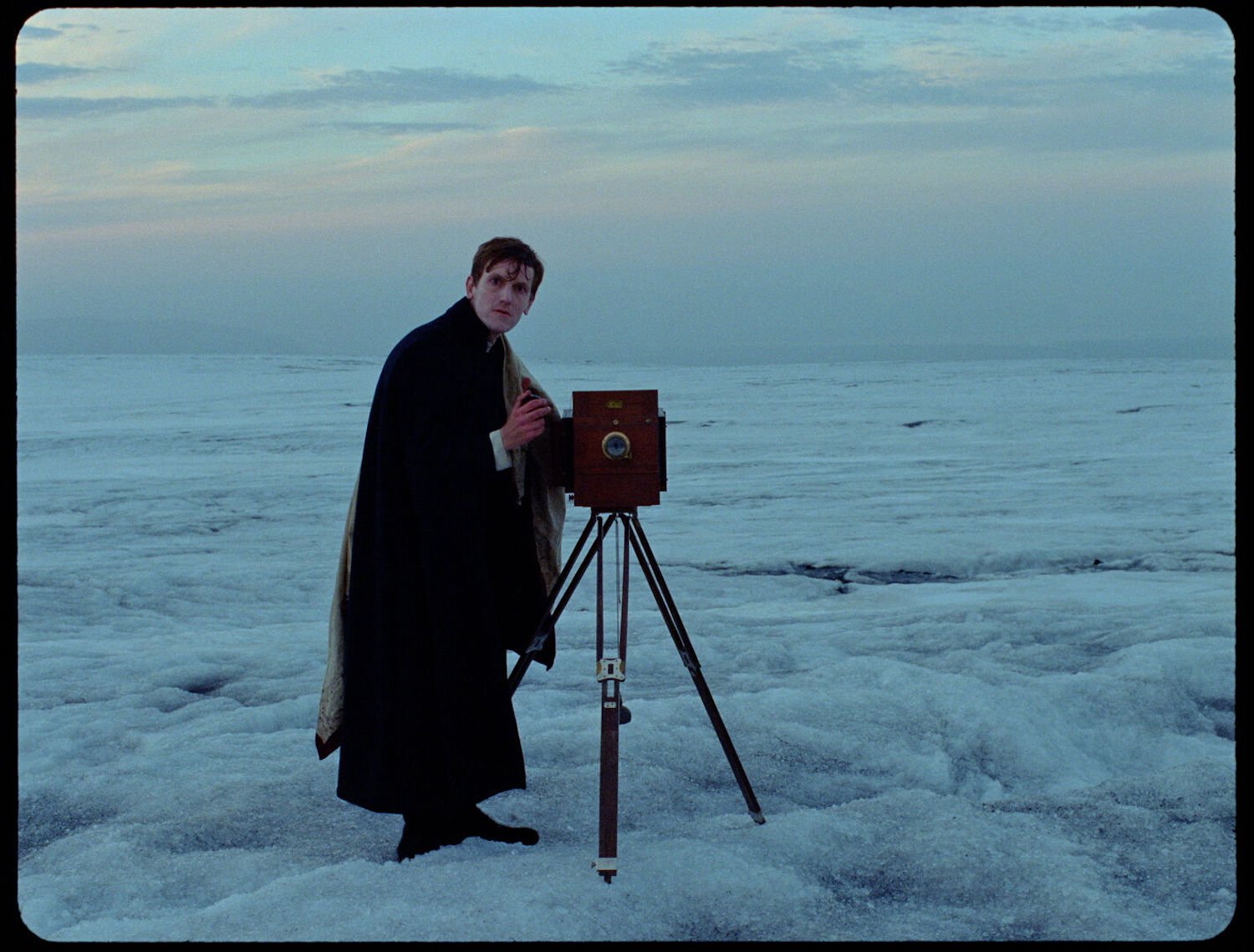
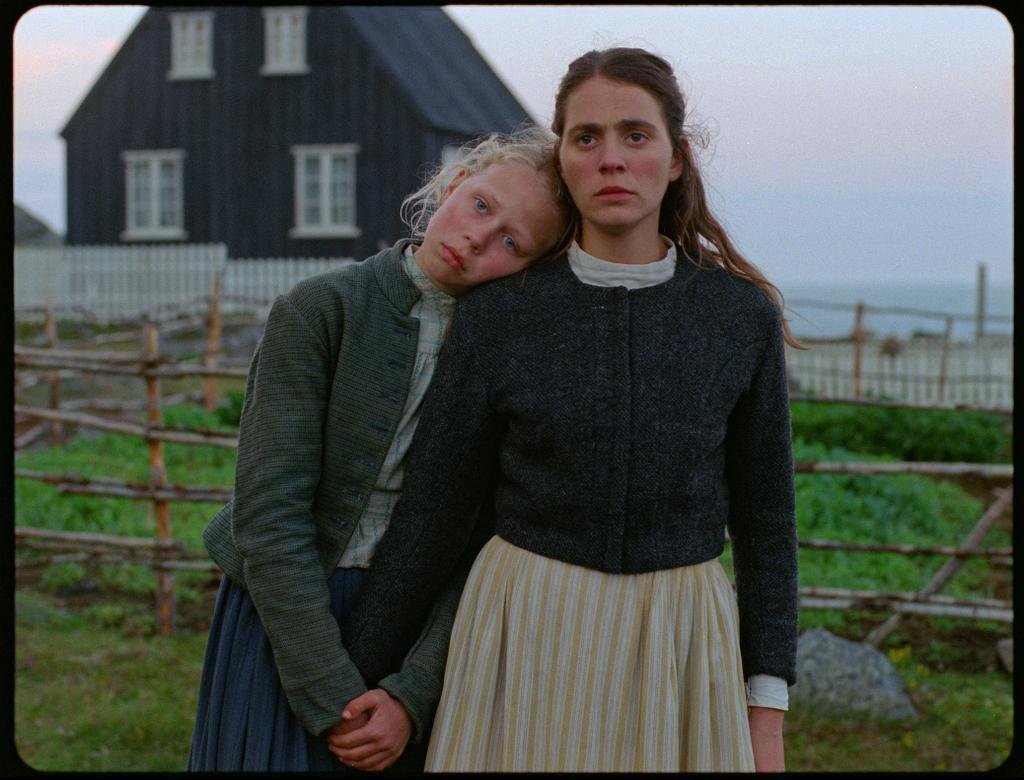
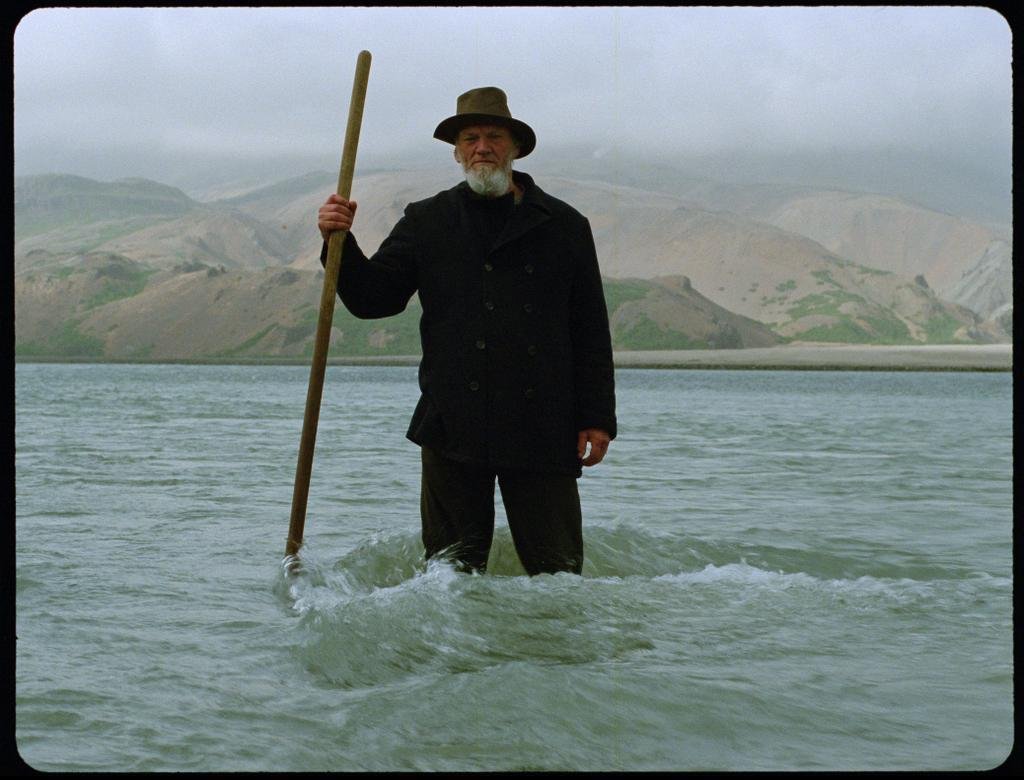
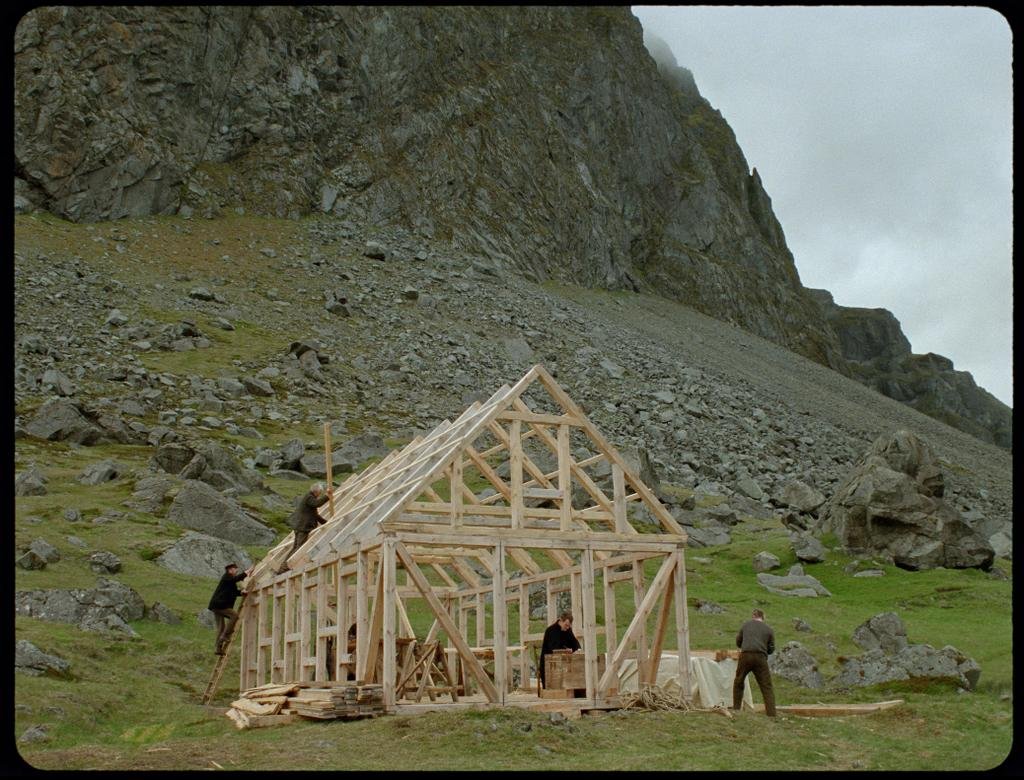
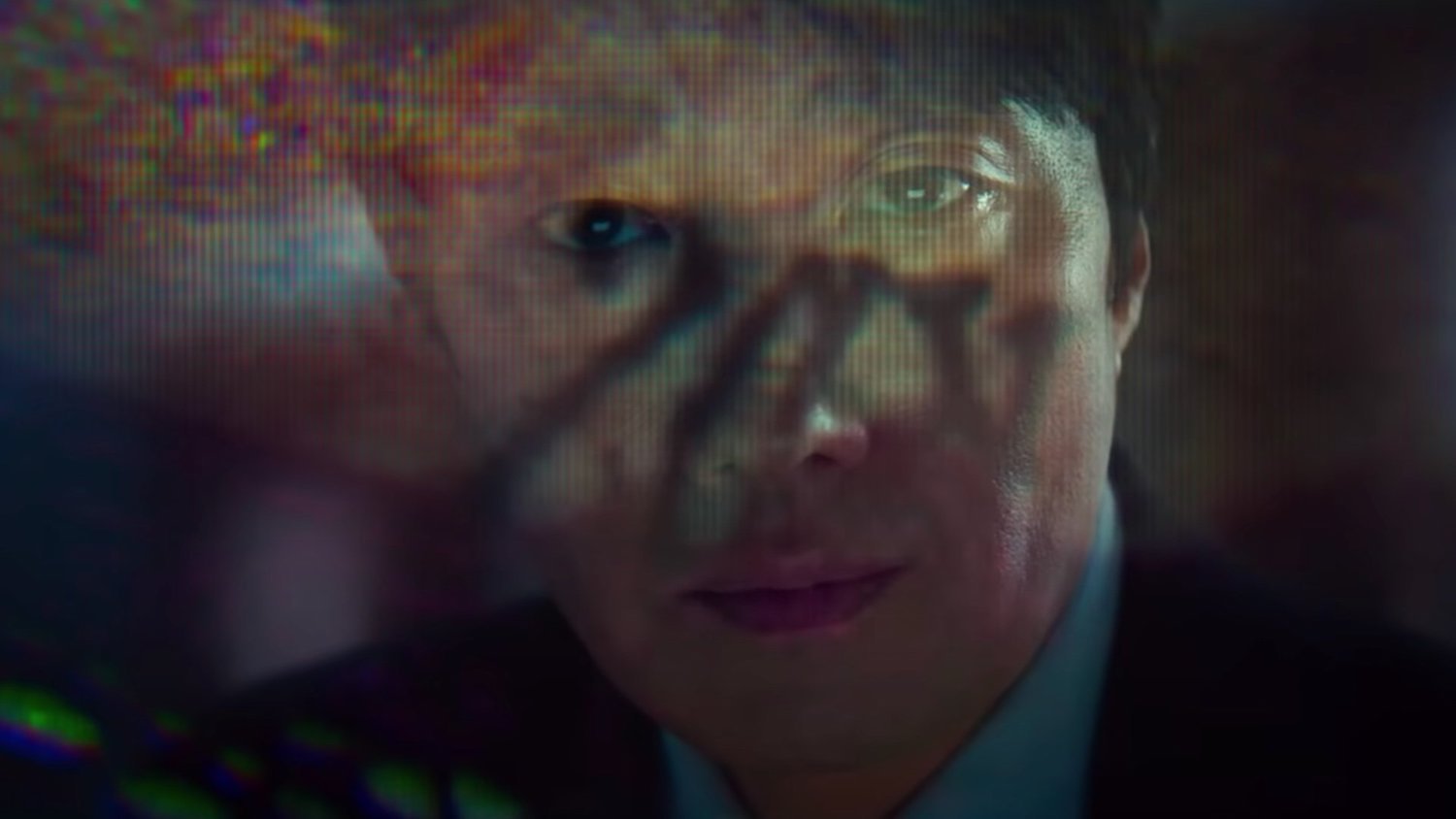
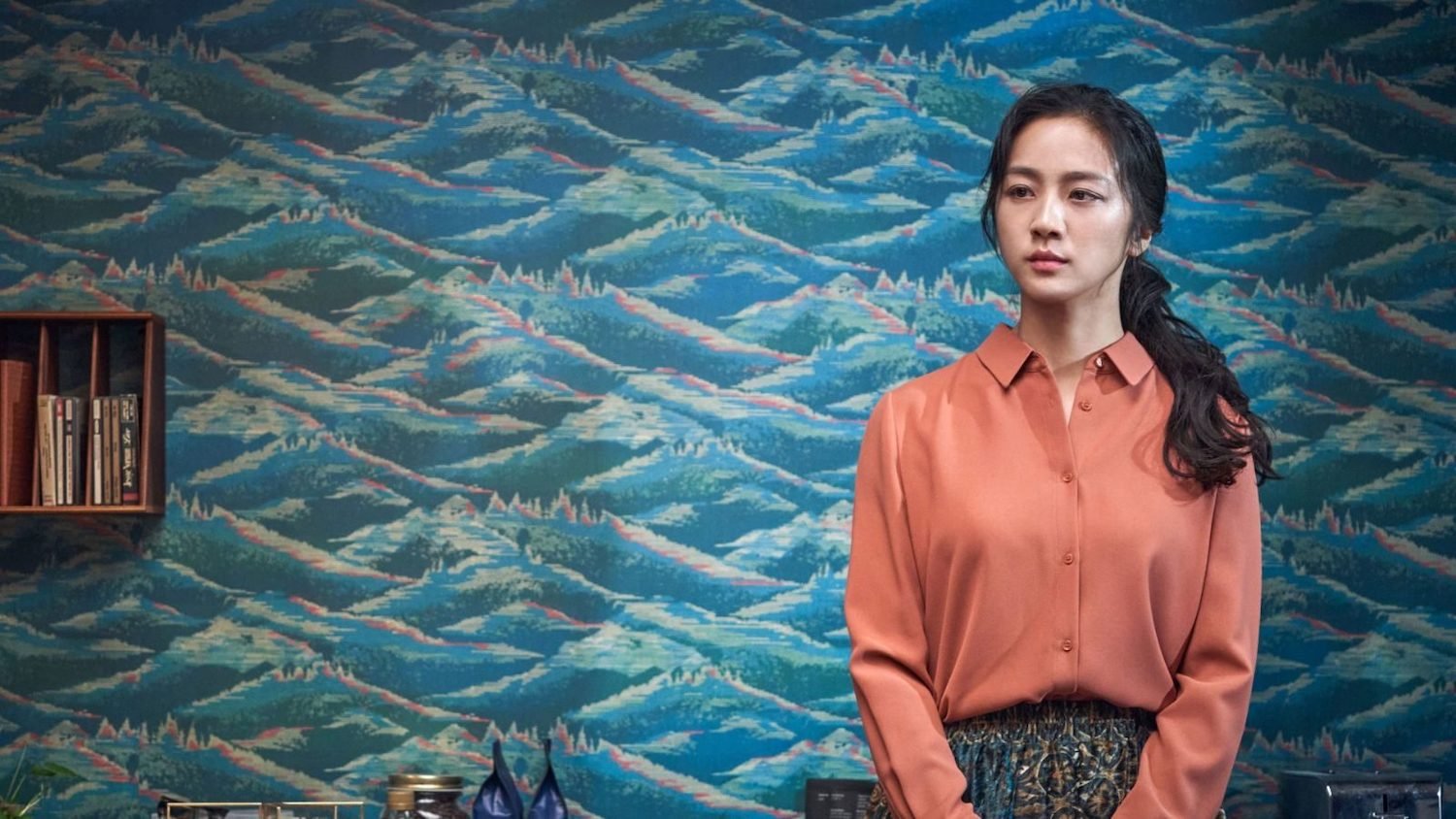
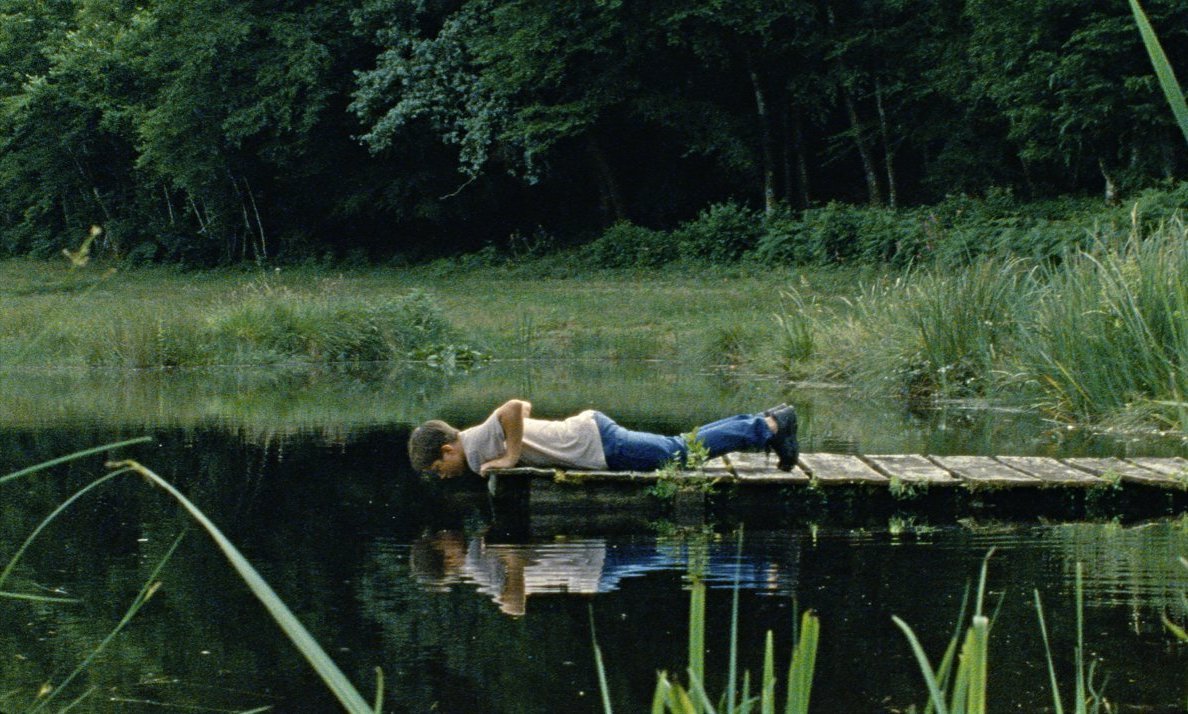
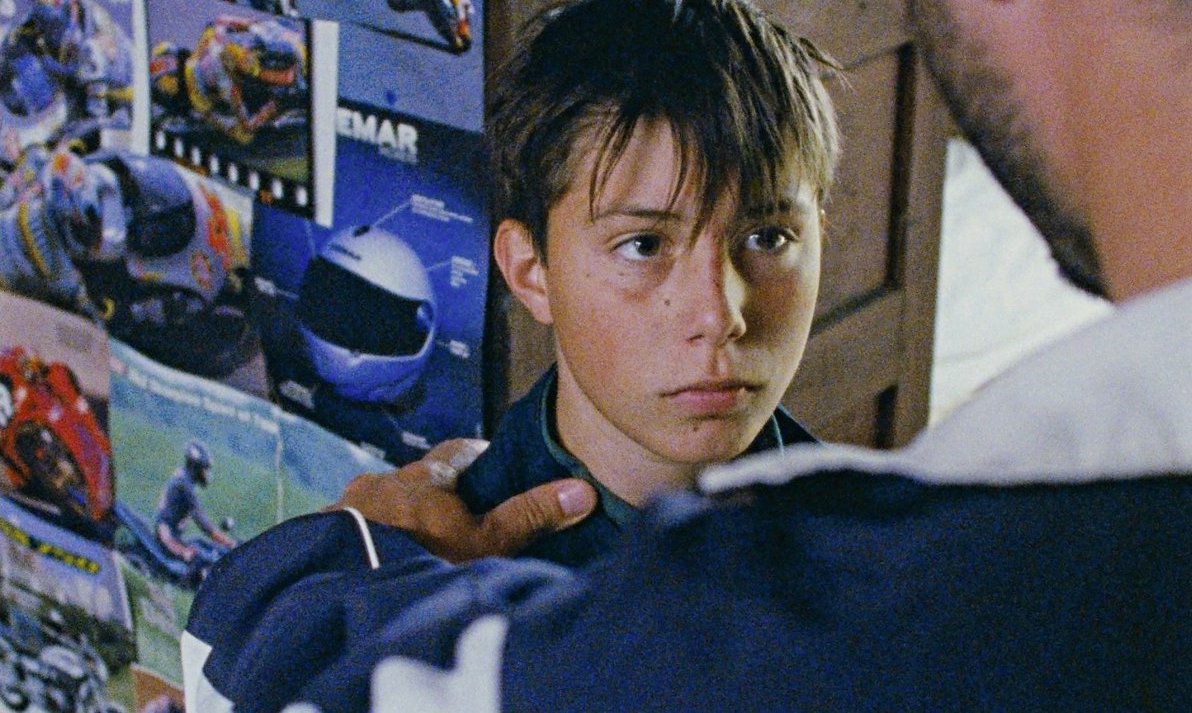
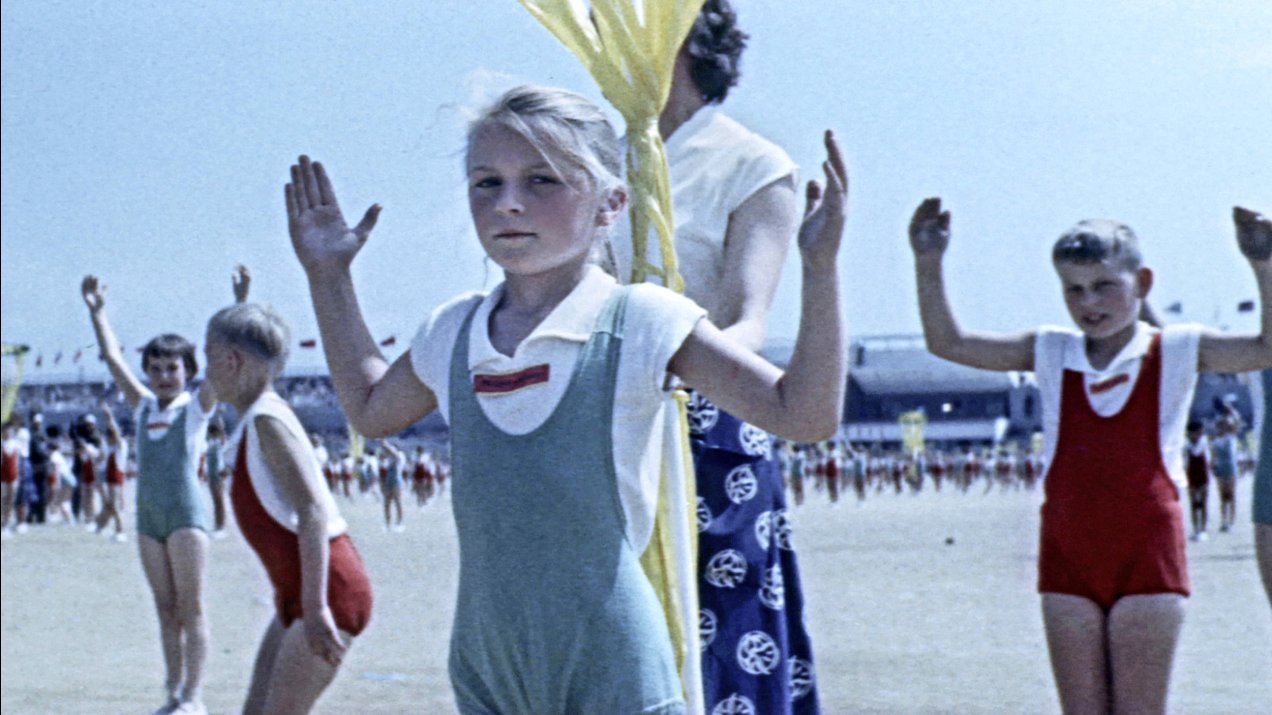
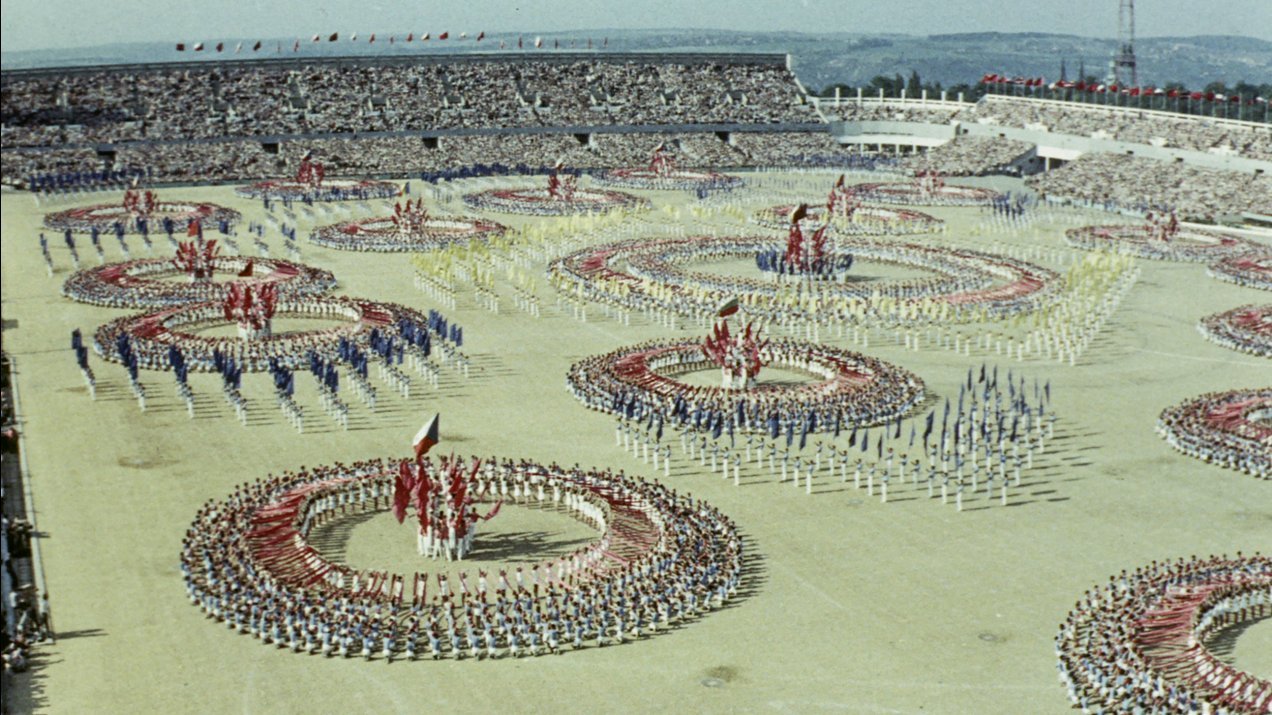
Other Highlights:
Historiography: Argentine Film Noir - The Shadows of the Southern Ports
This section was quite a treat. I watched 4 of 7 films (most on 35mm) curated by Fernando Peña & Roger Koza:
Native Son (Pierre Chenal, 1951)
Don’t Ever Open that Door (Carlos Hugo Christensen, 1952)
The Black Vampire (Román Viñoly Barreto, 1953)
The Bitter Stems (Fernando Ayala, 1956)Retrospective: Yoshida Kijū
It was sad to learn Yoshida Kijū passed away earlier this month (February 16, 1933 - December 8, 2022). The retrospective carried on after the festival at Filmmuseum. I only had a chance to watch four films and the one that stood out for me was Farewell to the Summer Night (1968) which was commissioned by Japan Airlines and filmed across Europe. I can’t imagine this would happen today.Cinematography: Austria Real - Documentary Film in Times of Crisis
During the Many Years (Goran Rebic, Austria, 1991, 16mm)
Somewhere Else (Barbara Albert, Austria 1997)Breakfast Screening at 6am of Armageddon Time (James Gray)
An annual festival tradition and I think cinemas everywhere should host a 6am screening at least once a month.
Autumnal walks between each screening.
Gartenbaukino maybe the cinema crown jewel of the festival and the city, but to me Metro Kinokulturhaus is more special and precious and was glad most of the films I wanted to see were showing there.
Seeing all the posters of past Viennales and also regretting not attending this festival years ago.
Vienna book haul, some of the books written are about here. I need to make time to read the books.
Hanging out with my friend Matt Mansfield and seeing James Benning in the same hotel bar at 1am.
Seeing Mathieu Amalric attending the screening of Elaine May’s A New Leaf.
Radu Jude holding the door open for me. I said thank you, of course.
Post screening discussions
I enjoyed all the post screening discussions but the epic one and a half hour talk between Albert Serra and Neil Young after Pacifiction topped them all. I’ve not been a fan of Serra, but that night I found him very generous talking about his filmmaking process, even though he does think very highly of himself. He gave very long answers and explained so many details about making Pacifiction, including mistakes made that were fixed during post-production. All I’ll say is pay attention to the binoculars when you watch the film.
James Benning did an introduction for the Jem Cohen short film program and had a conversation with Cohen after the screening. I loved it when Benning suggested we get rid of our phones during his intro, and hearing his reaction “Wow” after the screening. You can watch the discussion here.
The Dapper Men of Viennale
It was nice to see these presenters dressed up for their introductions.
(All photos by me except the one of Ehsan Khoshbakht which is from the Viennale website.)
Silly photo moments with Neil and Young and Haden Guest outside the Filmmuseum.
Last Night of Viennale
Talking and wandering around the quiet streets of Vienna with Neil Young, Aleksey Lapin, Marko Grba Singh.
Post Viennale
The Filmmuseum started a Hong Sangsoo retrospective as soon as the festival ended and he was present for the screening of The Day a Pig Fell Into the Well (1996). It was nice to see him speak again that night, but what topped everything else I’ve shared so far was seeing Kim Minhee from where I was sitting watching the film.
After seeing Kim Minhee in scenes from Hong Sangsoo films sitting in a cinema watching a film, seeing her in person doing the same thing made me feel like I was in my own version of a Hong Sangsoo film. I nearly fell off my seat!
If you are not familiar with his films, here are the scenes I’m talking about:
Right Now, Wrong Then (Hong Sang-soo, 2015)
On the Beach at Night Alone (Hong Sang-soo, 2017)
The Woman Who Ran (Hong Sang-soo, 2020)
The Novelist's Film (Hong Sang-soo, 2022)
List of all the films I watched at Viennale 2022:
MONOGRAPHY: EBRAHIM GOLESTAN
SESSION#1: FIRES OF FOROUGH
FIRE-FIGHT AT AHWAZ (Abolghassem Rezai, Iran 1958)
A FIRE (Ebrahim Golestan, Iran 1961)
COURTSHIP (Ebrahim Golestan, Iran 1961)
THE HOUSE IS BLACK (Forough Farrokhzad, Iran 1962)
SESSION#3: JEWELS OF EARTH, PART II
HARVEST AND SEED (Ebrahim Golestan, Iran 1965)
THE HILLS OF MARLIK (Ebrahim Golestan, Iran 1963)
PERSIAN STORY (Ralph Keene, United Kingdom 1952)
MONOGRAPHY: MED HONDO
WEST INDIES (1979)
WATANI (1998, 35mm)
MONOGRAPHY: ELAINE MAY
A NEW LEAF (1971, 35mm)
HEARTBREAK KID (1972, 35mm)
MIKEY AND NICKY (1976)
ISHTAR (1987)
HISTORIOGRAPHY: ARGENTINE FILM NOIR
NATIVE SON (Pierre Chenal, 1951, 35mm)
DON'T EVER OPEN THAT DOOR (Carlos Hugo Christensen, 1952, 35mm)
THE BLACK VAMPIRE (Román Viñoly Barreto, 1953)
THE BITTER STEMS (Fernando Ayala, 1956, 35mm)
CINEMATOGRAPHY: AUSTRIA REAL - DOCUMENTARY FILM IN TIMES OF CRISIS
DURING THE MANY YEARS (Goran Rebic, Austria, 1991, 16mm)
SOMEWHERE ELSE (Barbara Albert, Austria 1997)
RETROSPEKTIVE: Yoshida Kijū
AKITSU SPRINGS (1962, 35mm)
18 WHO CAUSE A STORM A.K.A. 18 ROUGHS (1963, 35mm)
WOMAN OF THE LAKE (1966, 35mm)
FAREWELL TO THE SUMMER LIGHT (1968, 35mm)
SURPRISE FILM
BROKER (Hirokazu Koreeda, 2022)
BREAKFAST FILM
ARMAGEDDON TIME (James Gray, 2022)
FEATURES
SEE YOU FRIDAY, ROBINSON (Mitra Farahani, 2022)
HERBARIA (Leandro Listorti, 2022)
ENYS MEN (Mark Jenkin, 2022)
UNREST (Cyril Schäublin, 2022)
GEOGRAPHIES OF SOLITUDE (Jacquelyn Mills, 2022)
PACIFICTION (Albert Serra, 2022)
A LITTLE LOVE PACKAGE (Gastón Solnicki, 2022)
MUTZENBACHER (Ruth Beckermann, Austria 2022)
STARS AT NOON (Claire Denis, 2022)
NOBODY’S HERO (Alain Guiraudie, 2022)
GODLAND (Hlynur Pálmason, 2022)
COMA (Bertrand Bonello, 2022)
WOMEN TALKING (Sarah Polley, 2022)
SUPER NATURAL (Jorge Jácome, 2022)
SMOKING CAUSES COUGHING (Quentin Dupieux, 2022)
ASTRAKAN (David Depesseville, 2022)
SHOWING UP (Kelly Reichardt, 2022)
EO (Jerzy Skolimowski, 2022)
UNDER THE SKY SHELTER (Diego Acosta Hernández, 2021)
FLUX GOURMET (Peter Strickland, 2022)
UNDER THE FIG TREES (Erige Sehiri, 2022)
DECISION TO LEAVE (Park Chan-wook, 2022)
THE NOVELIST'S FILM (Hong Sangsoo, 2022)
WALK UP (Hong Sangsoo, 2022)
SHORT FILM PROGRAMME: ORDINARY DEVOTIONS
THE DEMANDS OF ORDINARY DEVOTION (Eva Giolo, 2022)
WE LOVE LIFE (Hana Vojáčková 2021/2022).
AFTER WORK (Ben Rivers, Céline Condorelli, 2022)
BILDWERDEN (Christiana Perschon, Austria 2022)
NEUE FENSTER (Friedl vom Gröller, Austria 2022)
SHORT FILM PROGRAMME: JEM COHEN. BALLADS
BALLAD OF PHILIP GUSTON (2022)
OR NOTHING (THE DOUBLE) (2022)
TISH NIGN (BLACK OX ORKESTAR) (2022)
TREE SONG (XYLOURIS WHITE) (2019)
OPENED ENDING (JESSICA MOSS) (2022)
VIENNALE-TRAILERS 2022
LE SOLDAT - CLAIRE DENIS
WALDEN - RYUSUKE HAMAGUCHI
SONGS FROM NAPLES - NARCISA HIRSCH
INDEPENDENCE DAY - SERGEI LOZNITSA
THE LIONESS - NINA MENKES
VIENNA WALTZ - ALBERT SERRA


























